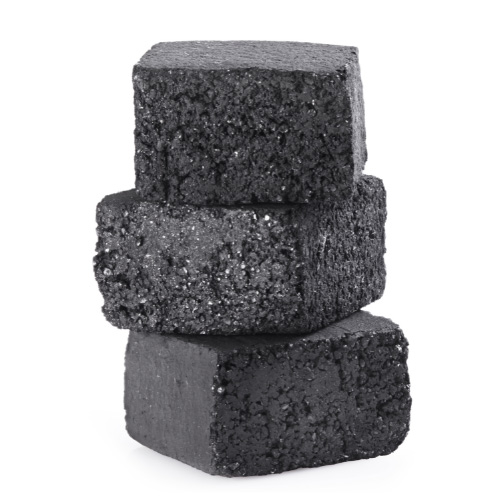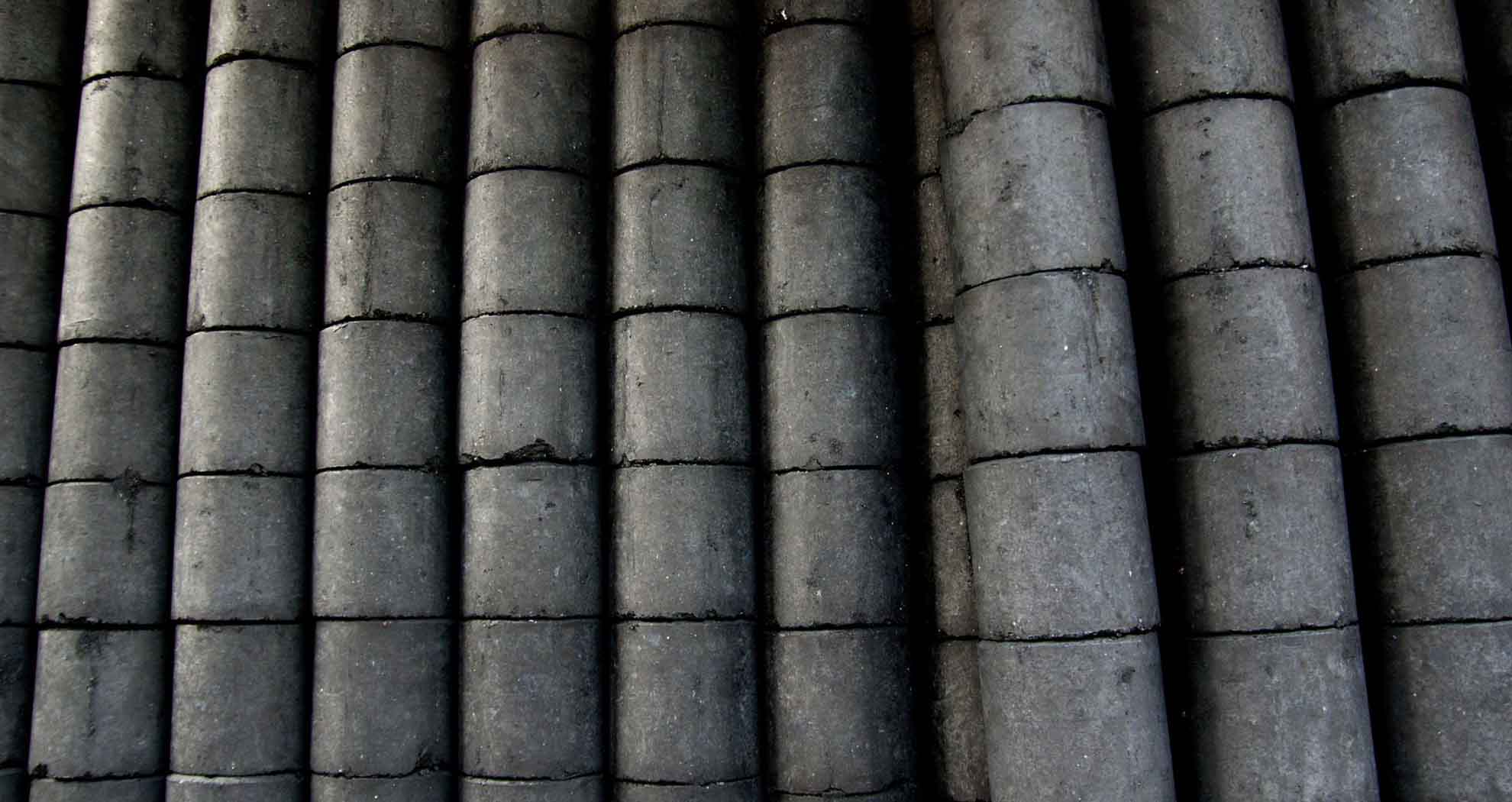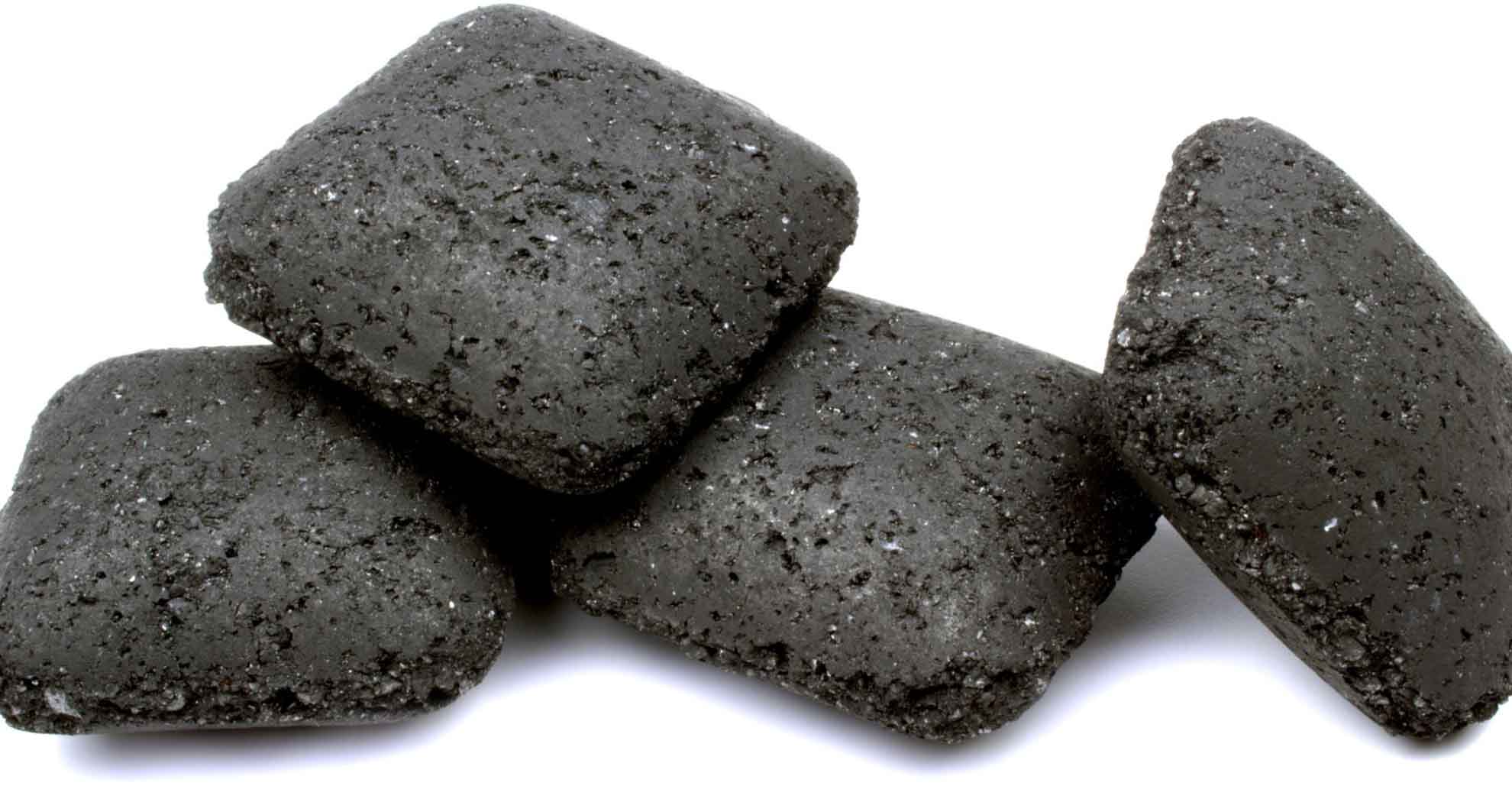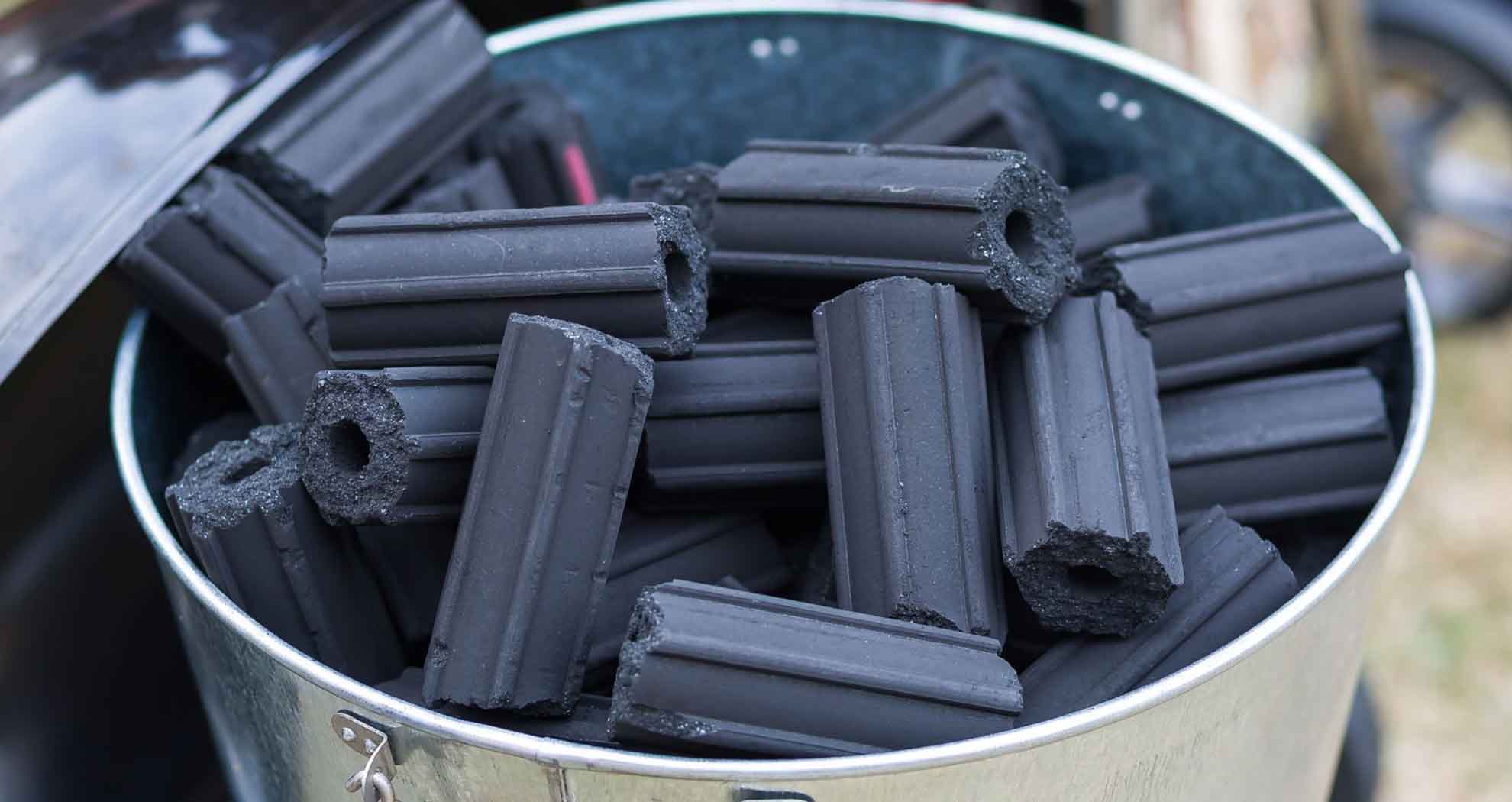TECHNICAL SPECIFICATION
| Parameter | Unit | Range / Result | Standard / Notes |
|---|---|---|---|
| Total Moisture | % ar | 7.3 – 7.4 | Max 10% – Lower is better |
| Moisture in Analysis | % adb | 5.8 – 6.4 | Safe for combustion |
| Ash Content | % adb | 1.4 – 1.5 | Max 2% – Low ash = high quality |
| Volatile Matter | % adb | 75.2 – 76.0 | High energy potential |
| Fixed Carbon | % adb | 16.9 – 17.7 | Good combustion property |
| Total Sulfur | % adb | 0.03 – 0.04 | Ultra low sulfur – premium grade |
| Gross Calorific Value | Kcal/kg adb | 4,348 – 4,662 | High energy fuel |
| Bulk Density | kg/m³ | 670 | Suitable for efficient shipping |
| Relative Density | – | 1.24 | Standard pellet density |
| Diameter | mm | 8.7 – 9.0 | Standard pellet size |
| Length | mm | 19.5 – 25 | Consistent pellet size |
- Waste Reduction and Resource Recovery: Briquette production allows industries to convert various waste materials, such as wood chips, paper sludge, or agricultural residues, into useful fuel products. Instead of disposing of these waste materials in landfills or incinerators, industries can repurpose them through the briquetting process. By transforming waste into briquettes, companies can effectively reduce the volume of waste generated and recover valuable resources, contributing to a more sustainable waste management approach.
- Energy Efficiency and Cost Savings: Briquettes offer industries an energy-efficient and cost-effective fuel source. Compared to traditional fuels, such as coal or oil, briquettes have higher calorific value and burn more efficiently. The controlled combustion of briquettes ensures a steady heat output and minimizes wastage. Additionally, as briquettes are typically made from waste materials, their production costs are often lower than conventional fuels. By adopting briquettes, industries can achieve significant cost savings on fuel expenses while reducing their carbon footprint.
- Environmental Compliance and Sustainability Goals: Industrial operations face increasing pressure to adhere to environmental regulations and meet sustainability targets. By incorporating briquettes into their fuel mix, companies can demonstrate their commitment to environmental compliance and reduce their environmental impact. Briquettes produce fewer emissions, including greenhouse gases and air pollutants, compared to traditional fuels. The utilization of briquettes helps industries align with sustainability goals, improve their environmental performance, and enhance their reputation as responsible corporate citizens.




